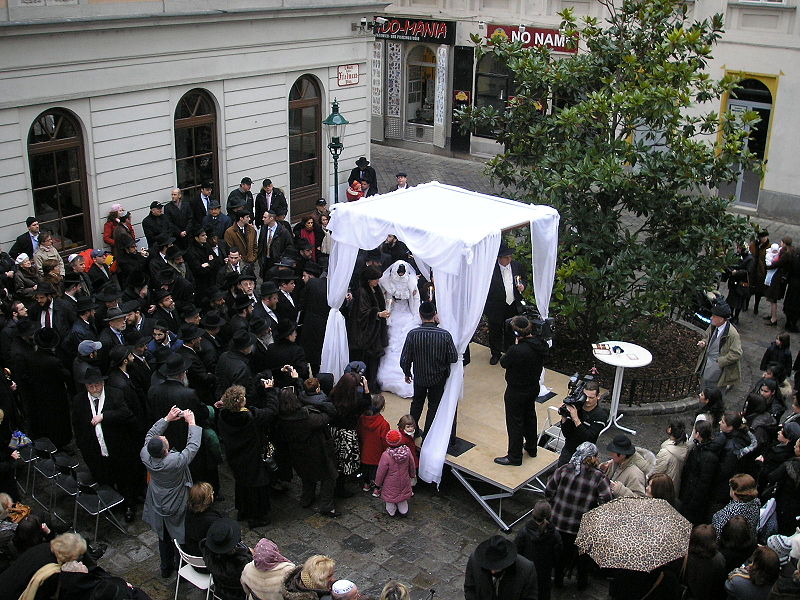
What traditions have you not kept that your parents had?
Early in the morning my grandparents and parents, after reciting the Modeh Ani, before getting out of bed, did Negel Vasser (Netilat Yadayim) washing their hands and face, with the water from a washbasin next to the bed. That is something I left behind already when getting older, though I still kept praying, early in the morning, to my God, thanking Him for my life and for His great faithfulness.
Concerning the washing before and after certain actions, I admit I do not always use a vessel, because going with modern times I use water coming down from the tap (valve), though many rabbis say we may not use a faucet (or robinet) or spigot.
Something I can see is the use of certain rules having become something impossible to keep for many young Jews, having to find a place to live in a world where the majority does not follow the mitzvot of the Elohim. Certainly, when we have to find something to rent in non-Jewish quarters, most houses do not have two departments in the kitchen, for example, one for dairy products and one for meat products.

For me the ritual purity in the scope of food, the so-called kashrut, or “kosher state”, as important as it is for my parents, but to have ritually pure (permitted) and impure (forbidden) and then into fleshy, dairy and neutral parts in the kitchen, is nearly impossible. At home, in order to prevent them from mixing-up, our kitchen contained two separate parts with separate sets of utensils, one for dairy and one for fleshly meals. But can you imagine how many pans and bowls I would have to have? I just do not have so much money to be able to have all the different pans for the different products.
Something that my grandparents and parents already agreed not to do anymore, although it was still a part of many of our peoples’ lives, was to pick a marriage partner. For me, it is very clear that I want to decide for myself who I do or do not want by my side for many years. Marriage is something that will not happen to me.
If the kiddushin (or erusin / betrothal) would have to take six months, like the custom, I am not sure. For me, there has not to be such a long period before marriage. For sure also the money part is of no consideration. Though the common custom may be to betroth by means of a money transaction, using the traditional wedding band to effect the kiddushin, I do not feel like I can be bought, like you would buy a sofa or television set. I would not mind receiving a ring as a visible reminder of the male his wedding commitment to me.
I must admit that I am rather romantic by nature and therefore the confirmation of our agreement to go through life together, confirmed under the chupah (chuppah / ḥuppa). The symbol of covering or protection seems adequate for all times. Being a ceremonial object carried over from a primitive past, for me it is still the symbol of bringing a roof or covering for the bride and groom at their wedding.
“The bridegroom emerging from his chedro (chamber), and the bride from her chuppah.”
Having the tallit and tzitzit placed over our head shall be the confirmation and reminder of both our obligations to God and our fellows. Thus that will be the long-awaited sealing to build a new life together and provide offspring.

This I must admit is one of those traditions I do not want to miss. Through “chupah” the nisu’in will be accomplished and then both of us shall be reminded of the traditional text, my parents printed on my heart:
“to live content with small means: to seek elegance rather than luxury, and refinement rather than fashion, to be worthy not respectable, and wealthy, not rich.”
At my marriage, I would like to have my close friends and family members together, male and female, celebrating and dancing with each other. Not like it still was a tradition in my parent’s marriage days, that men and female danced separately. On that special day also no mechitza to divide the men and women during prayer.
Against tradition, I would also have no mechitzot during my children’s bar mitzvahs.
For the rest, I admit that I may still be very traditional or live my religion according to old rules. Maybe my isolation from my family and the little contact with fellow believers here in Belgium is something that can bring a big change in my life habits. (Who knows?)


2 thoughts on “Disappearing traditions of my grandparents and parents”